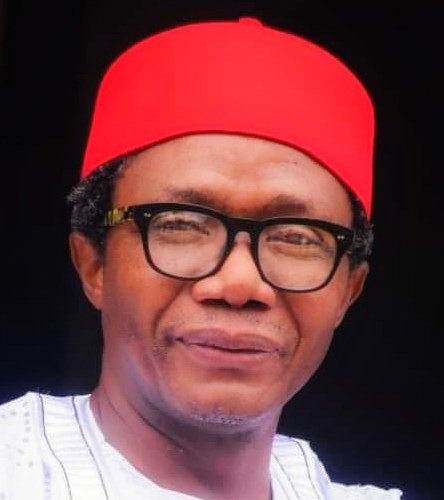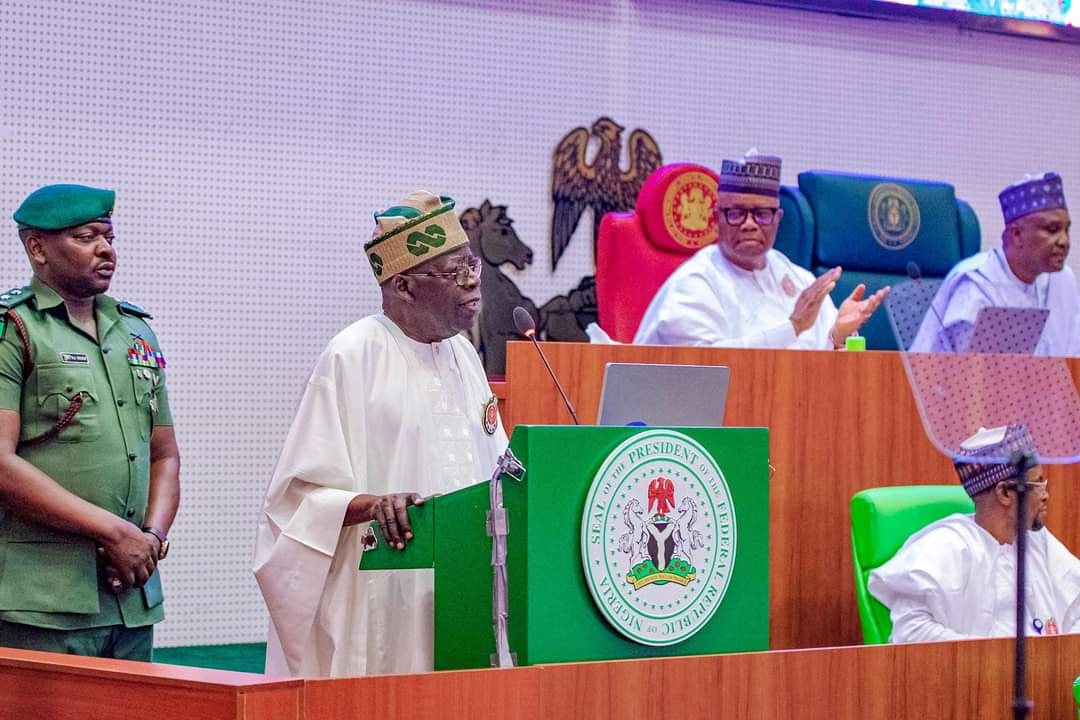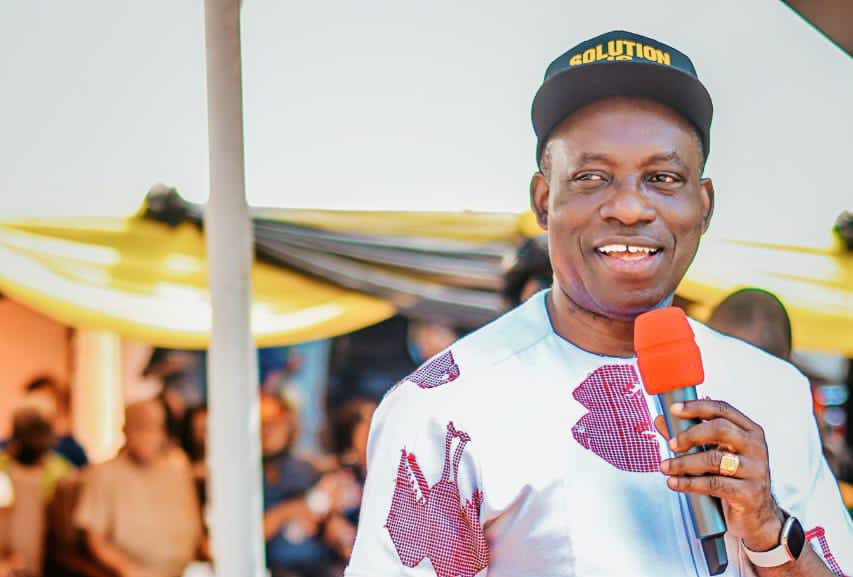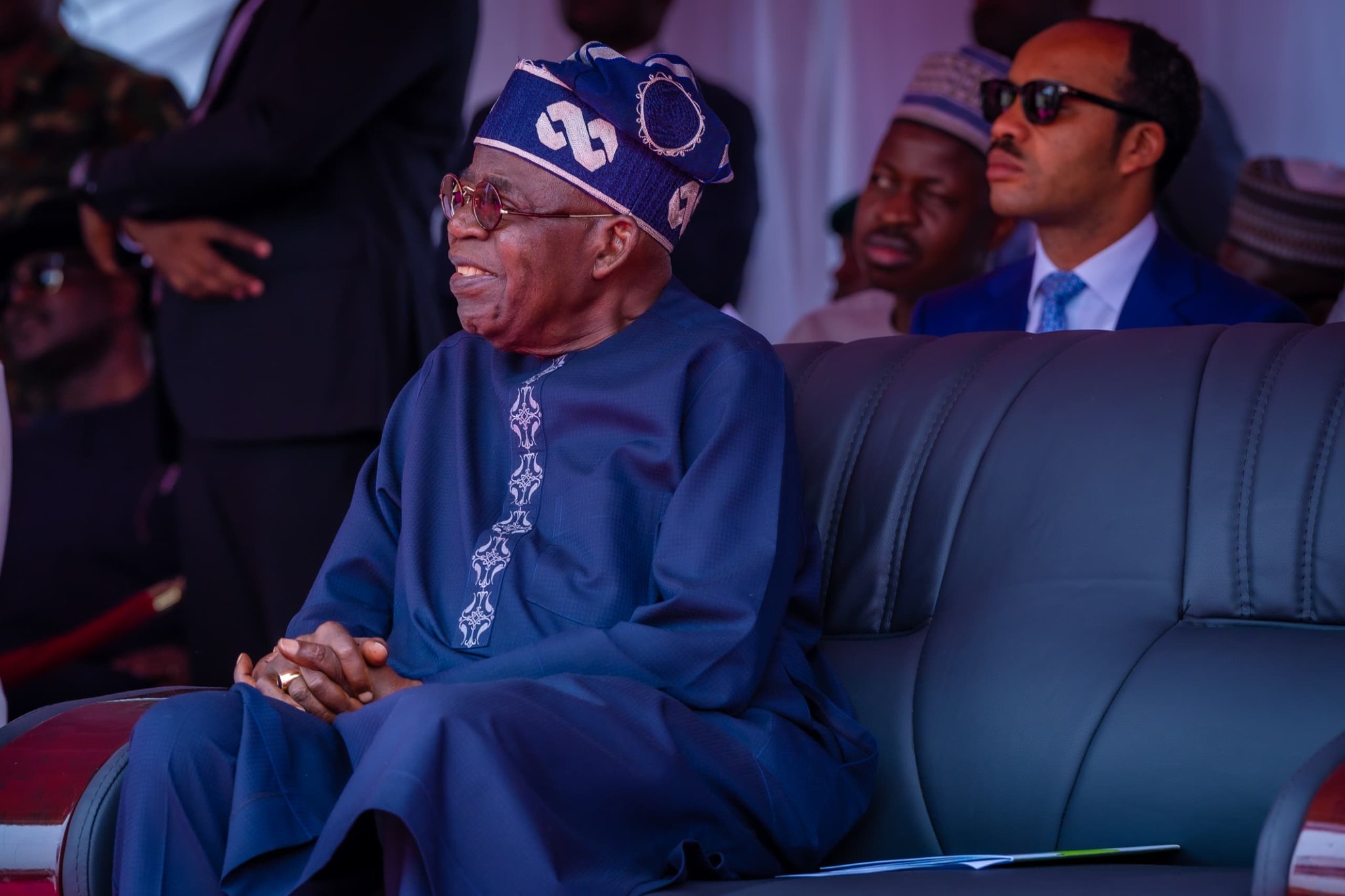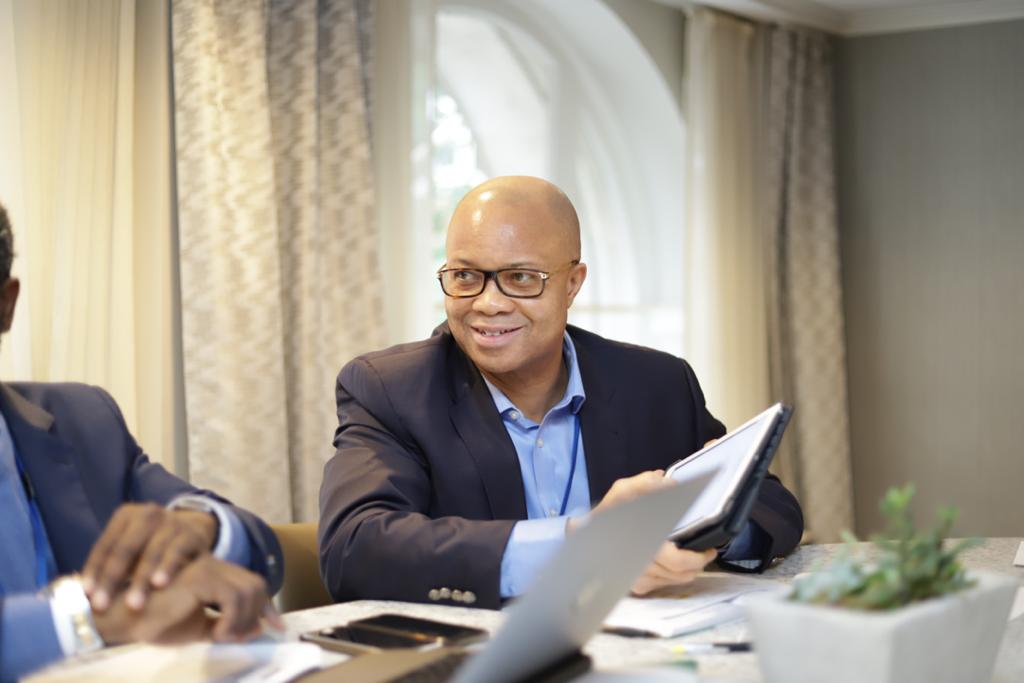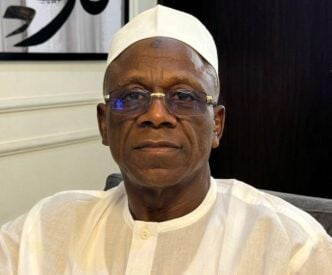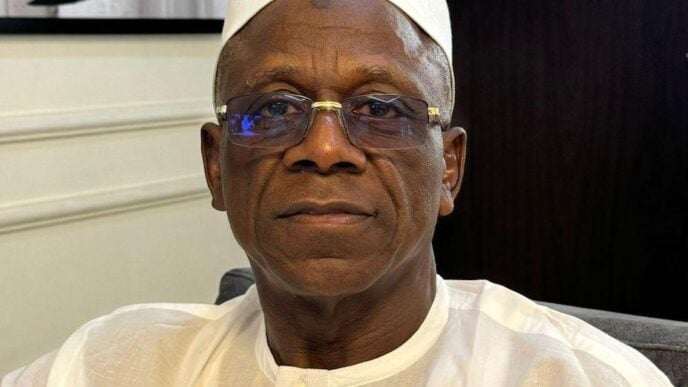On the June 12 Democracy Day event on The Platform, Professor Chukwuma Soludo, the governor of Anambra state, gave a masterful speech. It was about how democracy could have helped development in Nigeria if things had been better managed in the past decade. After 25 years of continuous democratic experimentation under the 4th Republic and 64 years of independence, many have questioned if Nigeria is anywhere close to where it should be.
Nigeria has experienced both military dictatorship and varied democracy over this time, moving from a parliamentary to a presidential system and military rule to a military presidency (whatever that means). And now, the nation has returned to democracy yet again, which is still more of a civil rule even though it is working towards becoming truly democratic.
Speaking in his capacity as Professor Chukwuma Soludo rather than the governor, Soludo took a critical look at the flaws in our kind of democracy as well as development and nation-building. “We have made so many efforts over the past 20 years, but as a nation, we are still largely going in circles,” he said, referring to gaping deficits in the liberty, freedoms, security, wealth, and happiness of the people. His view was that if these goals are not met, neither democracy nor the economy will survive in the long run.
Soludo pointed out that a sustainable democracy endures the test of time, gains fundamental legitimacy and acceptability regardless of the political party in power, produces dynamic dividends of justice and equity, good governance, peace, and fundamental freedoms, accelerates economic development, and supports and defends property rights and private enterprise. Put another way, since democracy is merely a form of government, it cannot be valuable unless it fosters development and happiness, and all efforts must be directed towards achieving that synergy.
Advertisement
In general, Soludo said that though democracy and the market economy are the preferable systems, fundamental reforms are needed “as we muddle through politics without ideologies” and to achieve the kind of democratic or free-market arrangement that will maximise welfare.
Regarding the relationship between democracy and development, Soludo warned: “The woman who has no food to eat or place to sleep will not care much about whatever intrinsic values that democracy bestows.” In other words, the health of the economy determines the viability of democracy. Soludo believes that democracy, and indeed any form of governance, has to deliver tangible social and economic benefits to the majority of citizens to be credible and sustainable.
Is Nigeria a rich or poor country? was the question that the international economist, Soludo, attempted to address and summed it this way: “Let’s admit a fact that most Nigerians don’t seem to appreciate, Nigeria is an extremely poor nation with severely damaged public finances”. One agrees with Soludo that this acknowledgement is essential to any rational conversation about the pathway out of the present quagmire.
Advertisement
He said that the ups and downs in the oil industry have primarily shaped Nigeria’s uneven economic trajectory for more than 50 years, since the country’s initial oil boom. Nigeria has been “reacting” to the volatility in the oil sector ever since President Shagari’s Economic Stabilisation (Austerity Measures) Act, 1982; President Buhari’s extreme austerity of 1984–85; President Babangida’s Structural Adjustment Programmes (SAP) (1986–92); President Obasanjo’s National Economic Empowerment and Development Strategy (NEEDS); and finally, President Buhari’s command and control regime, 2015–2023. This displays just one thing: unpredictability.
He recalled how, even though the public debt was growing uncontrollably and FGN had been borrowing money since 2010 to finance its ongoing expenses, the country’s GDP was rebased in 2014 and its dollar value skyrocketed to $574 billion, making Nigeria the “biggest economy in Africa.” Soludo noted that the economy was latently and structurally in an avoidable crisis and that public finance was broken.
According to Soludo, the “largest economy” in Africa with a GDP per capita is now roughly $1,200 down from over $2,500 a few years ago. Despite the country’s great advancements, he observed, it appears to remain stagnant—like a barber’s chair! He highlighted the money illusion that is the mistaken hope of higher revenue resulting from the removal of subsidies due to the naira’s rapid depreciation.
For the same reason, for more than 130 million Nigerians who live in multidimensional poverty, times are inevitably difficult.
Advertisement
Indeed, the basic concerns must be addressed to begin to address the current appalling situation of the Nigerian economy. The reasons why companies are fleeing Nigeria and why the vast majority of Nigerians are significantly poorer now than they were ten years ago cannot be concealed by any amount of spin from government officials in the country.
The headwinds that Soludo identified as presently destroying Nigeria are the improper practice of democracy, corruption, insecurity, and mismanagement. These headwinds stem from the Buhari administration and continue to pose a threat to foreign direct investments, diaspora remittances and investments, entrepreneurship, enterprises, and the country’s ability to grow its wealth.
The country has to act quickly to complete the following tasks to produce adequate dollar revenues, receivables, capital inflows, and remittances to provide surplus dollar liquidity in the Nigerian economy and guarantee forex and price stability. For the reason of returning the country to productivity, Soludo questioned on The Platform as to why Nigeria is averse to restructuring.
Nigeria’s present security setup has been accused of being ineffectual, reactive, submissive, and corrupt, and some of its officers and men are believed to be complicit in the current chaos the country is going through. The terrorists, criminals, bandits, and kidnappers are not ghosts. If given the proper training, tools, and legal rights, Nigerians can simply drive the bandits and terrorists out and destroy them. Nigerians know where they are and locations of their camps, and their identities but can’t do anything about it due to lack of capacity and legal framework such as state police.
Advertisement
As the target of these killer herdsmen, bandits, and terrorists, Nigerians are morally obligated to defend their families and ancestral homes. Soludo would have preferred for the populace to be in charge of their security, put the nation back on track, and help resolve the issues of insecurity in the country.
The Bola Tinubu administration needs to gather the guts, political will, and sincerity to implement real reforms and restructure the country.
Advertisement
Soludo pointed out that by blaming President Tinubu for the state of affairs, Nigerians are ignoring the fact that the country arrived at this predictable sad situation after more than a decade of reckless economic management and denial. “We are bearing the consequences of misguided and delayed adjustments,” he said, adding that from the perspective of macroeconomics, the economy that President Tinubu inherited was akin to a dead horse standing.
Soludo called the situation an emergency requiring deliberate systemic disruptions to undo the knots and pointed out that Tinubu has the historic responsibility to mobilise Nigerians to clean up the mess for future generations. Soludo is concerned about the struggle between the need for statesmanship for the next generation and the pressure to be a good politician to win elections, which will hamper the hard but necessary unpopular decisions.
Advertisement
According to him, resolving the systemic insecurity, damaged public finances and economy, damaged oil and gas industry, deteriorating infrastructure and environmental degradation, increasing social tensions, and regaining the public’s trust will necessitate taking a few less-travelled paths. He strongly noted that there are no simple or fast fixes to restore the country’s economy, security, food security, and natural resources.
Nigerians were reminded by Soludo that competitive federalism was the framework that our founding fathers agreed upon for Nigeria. “We have tried hard to develop with unitary federalism since the military incursion, but we are still moving in circles,” he said. For a fact, to keep doing the same thing and expect a different outcome is absurd. Soludo wants the country to revert to the original federalism that the founding fathers left us.
Advertisement
He observed that the attempts to reshape Nigeria from the centre have failed. For how the nation can move forward, Soludo wants Nigerians to try a drastic devolution of powers and resources to the States and encourage cooperative competition. He suggested giving the States greater control over the duties outlined in the Exclusive List as well as at least 60–65% of the revenue. He equally wants each state to choose the local government structure that works best for it, just like in any other federal system. In addition to other deep reforms, he argued for a unicameral National Assembly.
Soludo thinks the overarching reforms needed are reminiscent of The “New Deal” of President Franklin D. Roosevelt (1933–1938), the “Great Society” programmes of President Lyndon Johnson (1965–1967), and the European Recovery Plan (often known as “the Marshall Plan”) following World War II. Indeed, a major reordering of national priorities is now inescapable, along with significant investments in infrastructure and social programmes (particularly in the areas of health, education, and social safeguards). Without it, the poor and angry Nigerians, who are now in the absolute majority, will soon no longer allow the rich to stroll down the street or sleep.
He demanded the creation of a new public officer code of conduct and the reinvention of MAMSER of the Prof Jerry Gana days. Soludo lamented that though Nigeria is a poor nation, governments’ and their officials’ lifestyles don’t reflect that stark reality, particularly about the outrageous flamboyance of public displays. For example, the 10th NASS took off by gifting each member an N160m SUV to add to their jumbo pay. Nigeria had the largest contingents to the AUC trade summit and ILO Annual Convention. NASS as a matter of priority wants brand new jets for the President and Vice, and so on. All this ostentatious spending occurs in the face of a buckling economy, to use the words of the New York Times while describing Nigeria’s economic downturn.
With an estimated 440 million people expected to live in Nigeria in the next 26 years, Soludo wondered how Nigeria would be able to maintain democracy in the ensuing decades without development. Even though he considers himself to be an unrepentant optimist about the potential greatness of the Nigerian nation, Soludo does not envision a wonderful future without major reforms that will unleash the youth of the country and provide Nigeria the opportunity to become the world’s and the twenty-second century’s great nation.
Bottom line: To justify democracy as a better form of government, Soludo showed a clear practical pathway to firming up democracy and economic recovery.
Nigeria, we hail you.
Dr Law Mefor, an Abuja-based forensic and social psychologist, is a fellow of The Abuja School of Social and Political Thought. He can be contacted via [email protected]; Twitter: @Drlawsonmefor.
Views expressed by contributors are strictly personal and not of TheCable.
Add a comment
